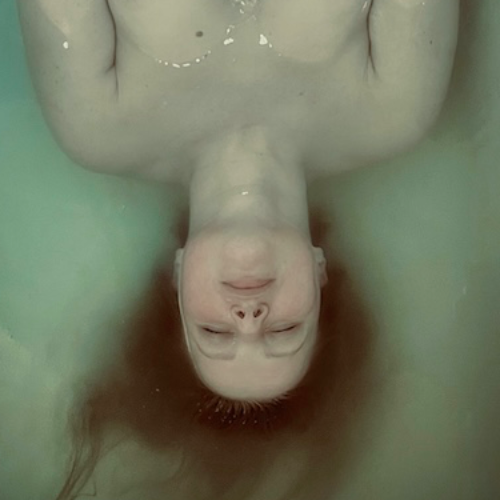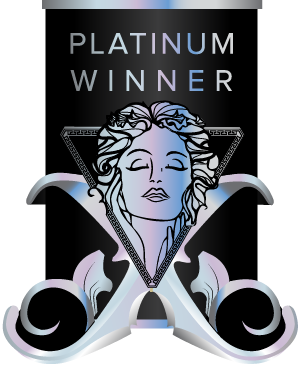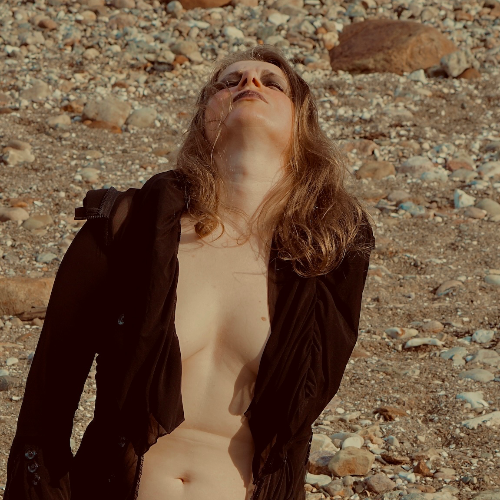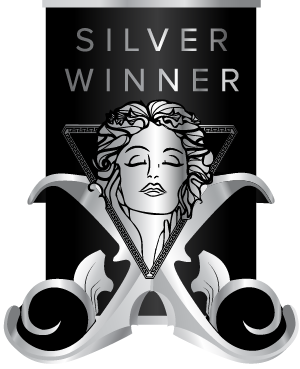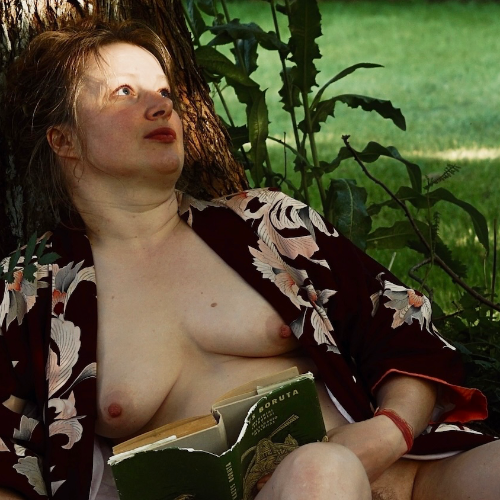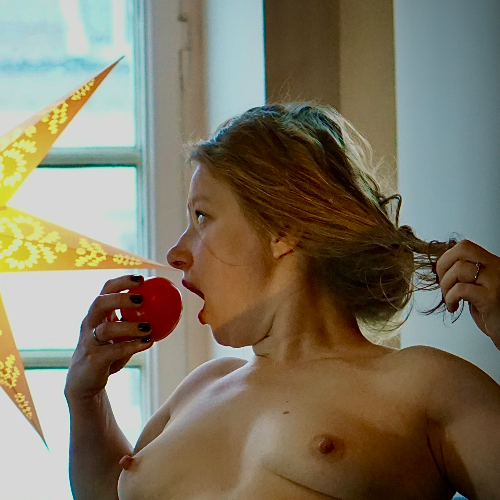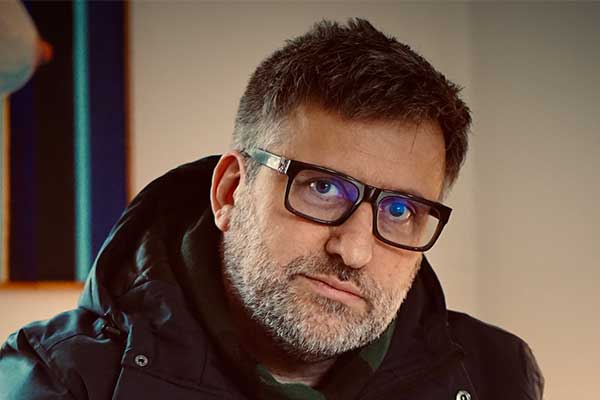
Interview
Daniel Gilpin
Denmark
Daniel Gilpin explores vulnerability, identity, and the balance of strength and stillness. He seeks truth, sometimes uncomfortable, sometimes beautiful, capturing fleeting moments where emotion lives on the skin to create deeply human images.
1 Congratulations on winning in the MUSE Photography Awards! Can you share a little about yourself, what inspired you to pursue photography, and how has your journey evolved since your first shot?
My grandfather was a photographer and my mother an artist, so I suppose creativity runs in my blood. I studied at what is now Leeds Arts University. It was a valuable experience—though as someone with dyslexia, I struggled with art history. But I excelled in photography and croquis, which remain my primary focus. Even now, I still sketch weekly. It’s deepened my understanding of the human form and the shapes it can offer, which is essential when I look through the lens of any of my cameras. You work with what you have. I'm passionate about my craft, and each image I create holds something meaningful. Having witnessed death firsthand, I find beauty in everything around me. I'm inspired by life and content with its simple moments. I create nude art photography as a form of emotional expression that is honest, raw, and intentionally imperfect. My work draws heavily from painting and drawing traditions, using natural light and the human form to tell quiet stories that unfold slowly. I don’t use Photoshop or studio effects; instead, I rely on the elements around me—light, space, and the presence of the muse. The process is instinctive and atmospheric. My themes often explore vulnerability, identity, and the tension between strength and stillness. I’m not chasing glamour or perfection. I’m chasing truth—sometimes uncomfortable, sometimes beautiful. I want to capture fleeting moments where emotion lives on the skin. Through this, I hope my images feel deeply human.
2 Can you share the story or inspiration behind your award-winning piece? How does winning this award make you feel about your journey in photography?
At the 2025 MUSE Photography Awards, I received four accolades: a Platinum Award and three Silvers. To me, all four images hold equal merit. Each has its own story to tell, and I love them all for different reasons. The piece that received the Platinum Award is quietly mesmerizing—you can lose yourself in it, almost fall into a mythical trance. I like to think I bring my story forward, but I welcome viewers to find their own interpretations. These images are just a small part of a much larger body of work. I have many more stories to tell. Winning these awards feels like recognition of the path I’ve walked. I hope it opens new doors—perhaps a book or an exhibition—so others can join me on this journey and experience the emotion behind the lens.
3 How do you decide which photo to submit for a competition?
I spend hours sitting with the images, listening to their stories. For me, it’s about sharing something meaningful—not just chasing a win... though of course, it’s a joy when they do get recognized.
4 What first made you pick up a camera?
I think it began with my father’s Polaroid when I was a teenager, followed by a small Olympus camera I received one Christmas. I was instantly hooked. Even the ordinary became vibrant through the lens, and that fascination never left me.
5 What’s your favorite type of photography, and why do you love it?
What I do now is my favorite kind of photography—telling stories and painting with light through the camera. It’s challenging, raw, and rewarding. I love every part of it.
6 What’s your go-to camera setup, and why does it work best for your projects? What’s your favorite feature?
I love using my Sony A6000 with the E 50mm F1.8 OSS lens. It’s lightweight, handles beautifully, and delivers the rich colors I want—even in low light. If you haven’t realized it yet, I love color!
7 If someone looked at your work, what’s the one thing you’d want them to feel?
Interested. I want to spark curiosity .. a sense of immersion.
8 What was the most challenging part of capturing your winning shot?
The setting had its difficulties, but the most important thing is always making sure the muse feels relaxed and at ease. That’s when the magic happens.
9 Is there a specific place or subject that inspires you the most?
The setting had its difficulties, but the most important thing is always making sure the muse feels relaxed and at ease. That’s when the magic happens.
10 Who or what has been your biggest influence in photography?
I’m deeply inspired by early photographers. They had to work harder with their muses, relying on instinct and the natural world instead of gear or software. Their approach was closer to that of a painter, and that resonates with me.
11 What message would you share to inspire photographers to participate in photography awards, and what advice would you give to help them excel in the competition?
Do what you love. Don’t worry about what others think. Stay true to your vision and enjoy the journey. Celebrate every step, especially the wins.
12 What’s one piece of advice for someone just starting in photography?
Experiment. Find your space, your rhythm. Don’t rush into expensive gear—build your tools over time. Focus on what moves you.
13 What role do editing and post-processing play in your creative workflow?
None—I just sometimes enhance the color or crop it. I love my work as it is, imperfections and all. I don’t shoot glamour or boudoir, so there’s no need for heavy post-processing. My images are honest and artistic.
14 How do you see technology, like AI, influencing the future of photography and your own approach?
AI is its own creative medium, and it’s important not to confuse it with photography. AI responds to written prompts and is built on data. Photography, in contrast, is led by the human eye and heart. The photographer thinks, feels, and decides. Both create visual output, but the processes are entirely different.
15 If you could photograph anything or anyone in the world, what would it be?
It would still be my muse. She understands my creative language, but maybe in more unusual, dreamlike locations—some of which I have yet to discover.
